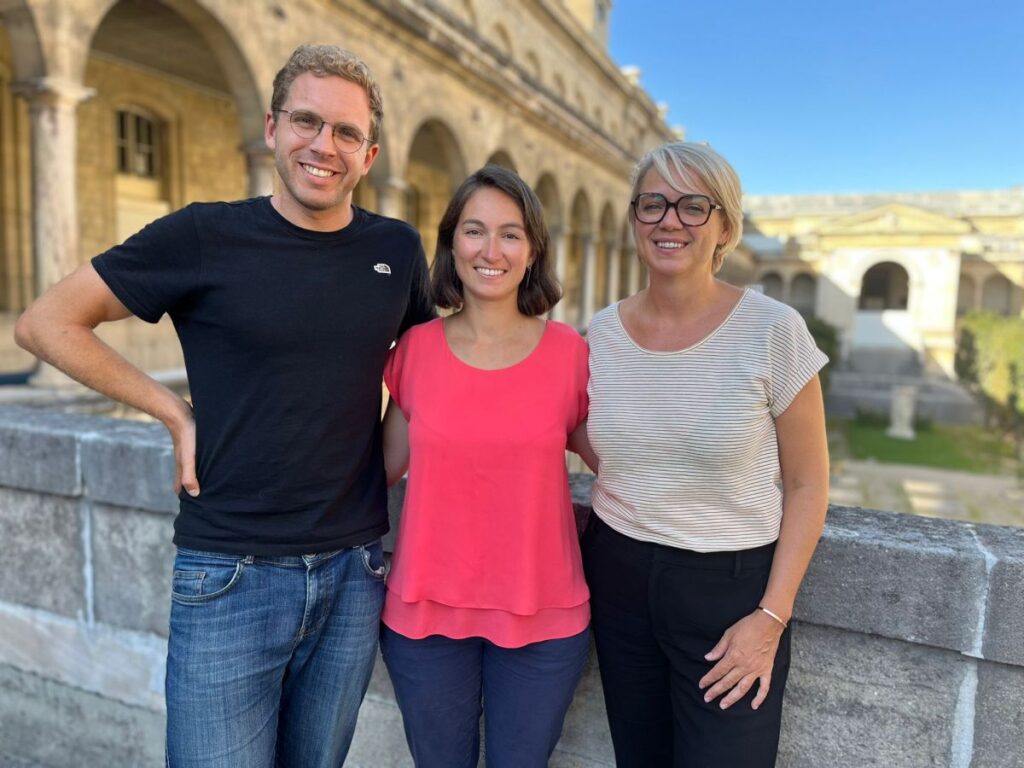Rethinking Cancer Trials: How AI is Shaping the Future of Oncology
Cancer is an ever-growing concern, particularly for younger adults, but here’s the catch: not every promising new drug makes it through clinical trials. French entrepreneur Fanny Jaulin, co-founder of Orakl Oncology, believes this issue stems from the way clinical trials are designed. "Just because a drug isn’t successful in clinical trials doesn’t mean it’s not a good drug," she explains. This observation raises the question: What can we do to change the current landscape of cancer drug development?
The Role of AI in Revolutionizing Cancer Treatment
Orakl Oncology, launched in 2023 as a spinoff from the Gustave Roussy Institute of Oncology, stands at the forefront of innovation by applying artificial intelligence to the complexities of drug discovery. While many companies dabble in AI, Jaulin insists that Orakl’s unique profile combines both biological data and advanced analytics. This creates a comprehensive view that’s crucial when dealing with the intricate nature of cancer.
The startup takes cues from the pioneering work of Tempus, a healthtech firm that recently went public, proving that blending tech and biology can lead to groundbreaking solutions. According to Jaulin, “Both sides are complementary; the data side helps manage the uniqueness of each tumor, while the biological aspect allows for a deeper understanding of cancer complexities.”
A Hybrid Approach: Merging Data and Biology
At the heart of Orakl’s innovation is the use of avatars that meld the backgrounds of real patients with tissue samples, a move that holds potential for more personalized trials. Currently, they’re focusing on organoids—tiny, simplified replicas of organs grown in a lab. This approach allows for meticulous testing in a controlled environment, which is a game-changer for drug development.
To enhance their data-driven strategy, Orakl integrates around 40 patient variables into its algorithm. Although their database is still developing compared to bigger competitors, the focus on high-impact cancers like colorectal and pancreatic provides a targeted approach.
Commercializing Innovation: O-Predict and O-Validate
Orakl’s future plans involve launching two pioneering products: O-Predict, designed to anticipate patient reactions to drug candidates; and O-Validate, which offers insights into how drug candidates can be improved based on patient data. The former is tailored for drug developers, while the latter aims to assist biotech companies that rely heavily on AI and data analytics.
The startup recently secured a seed funding round, complementing the €3 million pre-seed funding amassed in 2023. Orakl has raised nearly €15 million to date, with support from notable partners like the European VC fund Singular and grants from Bpifrance. These funds will primarily be allocated toward building a robust commercial team to facilitate contract closures.
A Vision Beyond Profit: A Mission to Transform Oncology
While funding and product development are essential, Jaulin’s motivations extend beyond the typical entrepreneurial journey. With cancer increasingly recognized as a chronic disease, she sees a pressing need for a wider variety of effective therapies. Her long-term vision is clear: unblocking the precision medicine discovery process to ensure that as many drugs as possible reach patients who desperately need them.
It’s an ambitious goal that reflects the growing realization that the current therapeutic landscape is woefully inadequate for the crisis at hand.
Conclusion: The Future of Cancer Treatment is Bright
With innovative strategies like those employed by Orakl Oncology, the future of cancer treatment is looking brighter. The convergence of AI, data analytics, and biology may just hold the key to more successful drug trials and, ultimately, better patient outcomes.
The AI Buzz Hub team is excited to see where these breakthroughs take us. Want to stay in the loop on all things AI? Subscribe to our newsletter or share this article with your fellow enthusiasts.




